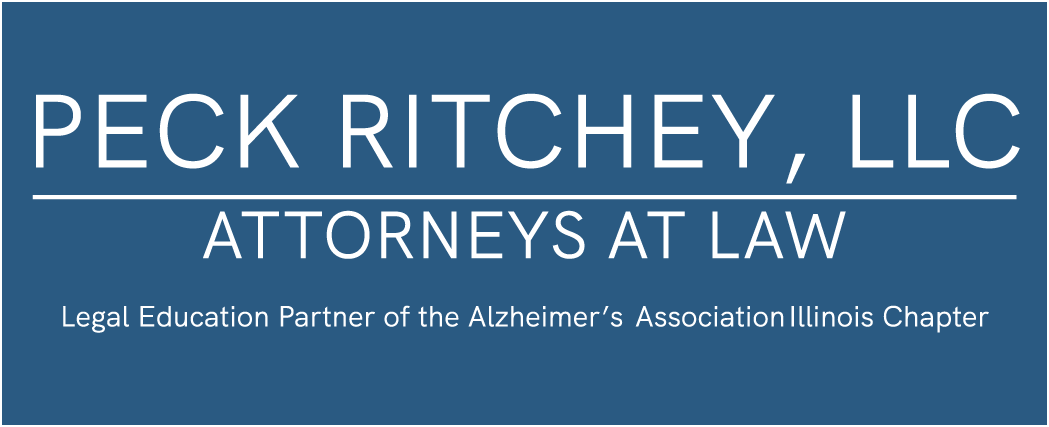 An estate plan is a collection of legal documents that formally outlines your preferences for your money, your assets, and your loved ones in the event that you die or become incapacitated. If you’re like most people, thinking about your estate plan is not exactly appealing. However, creating a thorough estate plan is the best way to make your wishes known and take care of your loved ones when you can no longer do so yourself.
An estate plan is a collection of legal documents that formally outlines your preferences for your money, your assets, and your loved ones in the event that you die or become incapacitated. If you’re like most people, thinking about your estate plan is not exactly appealing. However, creating a thorough estate plan is the best way to make your wishes known and take care of your loved ones when you can no longer do so yourself.
Contrary to popular belief, estate planning is not just for the exceptionally wealthy or those already in their golden years. In fact, creating an estate plan is a good idea for anyone who wants to ensure their health, assets, and dependents are protected.
When Should I Start Thinking About My Estate Plan?
So, when should you start creating your estate plan? Since an estate plan is something you want to have in place well before you need it, most financial advisors would say: right now.
The moment you reach legal adulthood, you become fully responsible for your own finances, your healthcare, and your legal rights. In other words, you become responsible for your estate. As soon as you have an estate to manage, you should start thinking about what you want to happen to it if you die or become incapacitated.
Here are some common life events that you should consider cues that you need to establish or update an estate plan:
- Starting a savings account
- Purchasing a new home or other property
- Getting married, divorced, or remarried
- Taking long trips, especially outside of the country
- Having or adopting a new child, grandchild, or dependent
- Inheriting money or other assets
Keep in mind that an estate plan is not a “one and done” type of deal. Financial advisors recommend updating your estate plan at least once every three to five years or any time a significant life event occurs.
What Should I Include in My Estate Plan?
 Depending on the nature of your estate, you may want to include one or all of the following documents in your estate plan:
Depending on the nature of your estate, you may want to include one or all of the following documents in your estate plan:
- A will – A will is an important document that outlines how you want your assets distributed and who you want to care for your children after you die. If you die without a will, the courts will make these determinations for you with no regard to your preferences.
- A trust – A trust is a legal arrangement that allows you to nominate another party to manage and transfer your assets to designated beneficiaries if you die or become incapacitated. A trust gives you and your beneficiaries more control over and privacy surrounding your assets than a will.
- An advance healthcare directive – An advance healthcare directive is a legal document that describes your wishes regarding emergency and end-of-life medical care if you are ever unable to communicate those wishes yourself.
- A durable power of attorney – A durable power of attorney is a designation that authorizes another party to make certain decisions, such as healthcare decisions, on your behalf if you are unable to make those decisions yourself.
- A business succession plan – If you own a business, a business succession plan allows you to define how you want your business to be handled after you die or become incapacitated.
Hear from attorney Kerry R. Peck about the common estate planning mistakes you should avoid.
How an Estate Planning Attorney Can Help You
It’s technically possible to create a do-it-yourself estate plan using online guides and fill-in-the-blank worksheets. However, the whole point of making an estate plan is to ensure your assets and dependents are taken care of when you can no longer take care of them yourself, which means faster and cheaper is not necessarily better.
When it comes to estate planning, the help of a professional and knowledgeable estate planning attorney is worth the investment. A good lawyer will ensure that your estate plan accounts for all of your unique goals and needs by:
- Preparing and updating the documents for your estate plan on your behalf
- Making sure your estate planning documents are error-free and in compliance with relevant state and federal laws
- Providing useful legal advice about your will, trusts, and other documents
- Helping you and your dependents and beneficiaries avoid unnecessary estate taxes and complicated probate issues
- Providing your heirs with personalized legal advice and helping them work through complex family issues after you pass
Contact an Estate Planning Attorney Today
If you’ve decided it’s time to create or update your estate plan, the trusted Chicago estate planning attorneys of Peck Ritchey, LLC are here to help. When you work with us, we can make sure your estate plan is fully customized to meet your specific needs and desires. To discuss the details of your estate plan with a qualified professional, call us at (312) 201-0900 or contact us online to get started with your free initial consultation.














